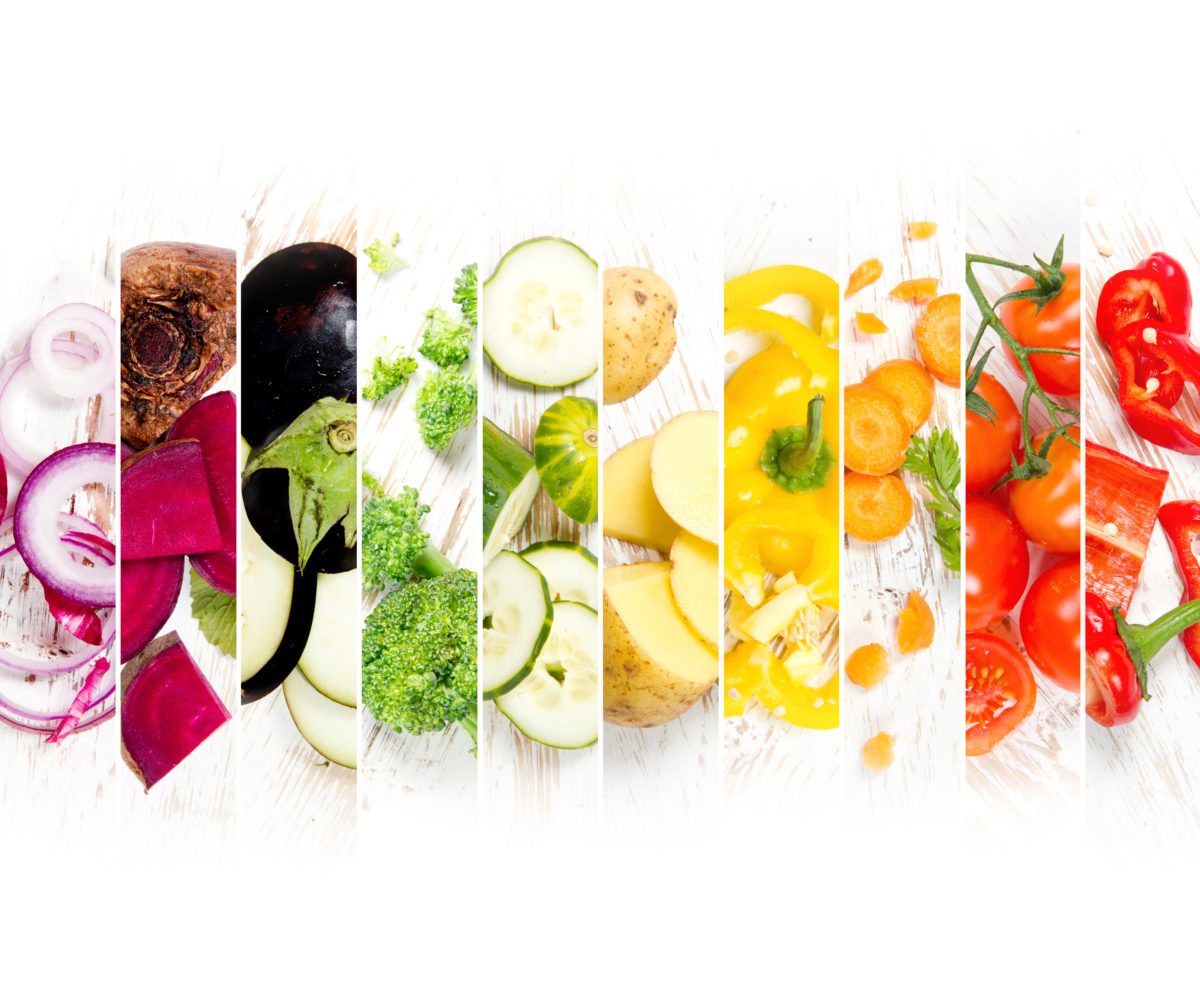Nutrition Spotlight: Benefits of Black-Pigmented Foods

It’s a well-known fact that colorful foods are good for you. From green veggies to bright red berries, adding a full spectrum of color into your diet is the key to getting all of your nutritional needs. But there are some other foods that pack just as much of that nutritional punch. Dark colored (especially black-pigmented) fruits, veggies, and grains are nutritional powerhouses, too! Their color comes from anthocyanins, plant pigments that may help lower your risk of a variety of health conditions including diabetes and many types of cancer.
What are Black-Pigmented Foods?
According to Nicole Crane, BTS, NP of InVite Health, “Black-pigmented foods are among the strongest antioxidants that exist, as measured by the ORAC scale (Oxygen Radical Absorbance Capacity), which measures how effectively a food or nutrient neutralizes free radicals; the higher the number, the stronger the antioxidant. There is certainly something very special about black pigments as potent protectors of our body at the cellular level, where oxidative damage occurs. Oxidative damage is like rusting and leads to immune dysfunction, interruption in cellular communication, inflammation, accelerating aging and a host of other issues that keep wellness out of reach. Antioxidants act like martyrs, breaking down to protect our body from physical and biochemical damage, like a shield. A diet rich in antioxidants forms a substantially bigger and much more protective shield than a diet lacking them.”
Black-Pigmented Foods to Add to Your Diet
Black Seed. Nigella sativa produces the fortifying black seed, known also as black cumin/black caraway, which supports digestive comfort.
Black Rice. The bran hull contains significantly higher amounts of Vitamin E, which boosts the immune system and protects cells from free radical damage.
Blackberries. Blackberries are very rich in fiber – just one cup has about 8 of the 25 grams suggested for your daily diet. Polyphenols found in dark berries may help reduce cognitive decline in the elderly by cleaning up cells that impair brain function.
Can Black Seed Improve Asthma? Click here to read the study!
Black Beans. The dark skins of these beans are packed with bioflavonoids, which are potent plant-based nutrients that may protect against cancer, based on the results from Cornell University research studies.
Black Tea. Black tea contains theaflavins, or antioxidants and may improve recovery from muscle soreness after intense exercise. Drinking black tea may also lower your risk of heart conditions.
Do you enjoy any of these healthy black-pigmented foods? How do you like them prepared? Let us know what you think!
Source: http://healthyliving.msn.com/nutrition/nourish-what-counts/slideshow?cp-documentid=250219634#1